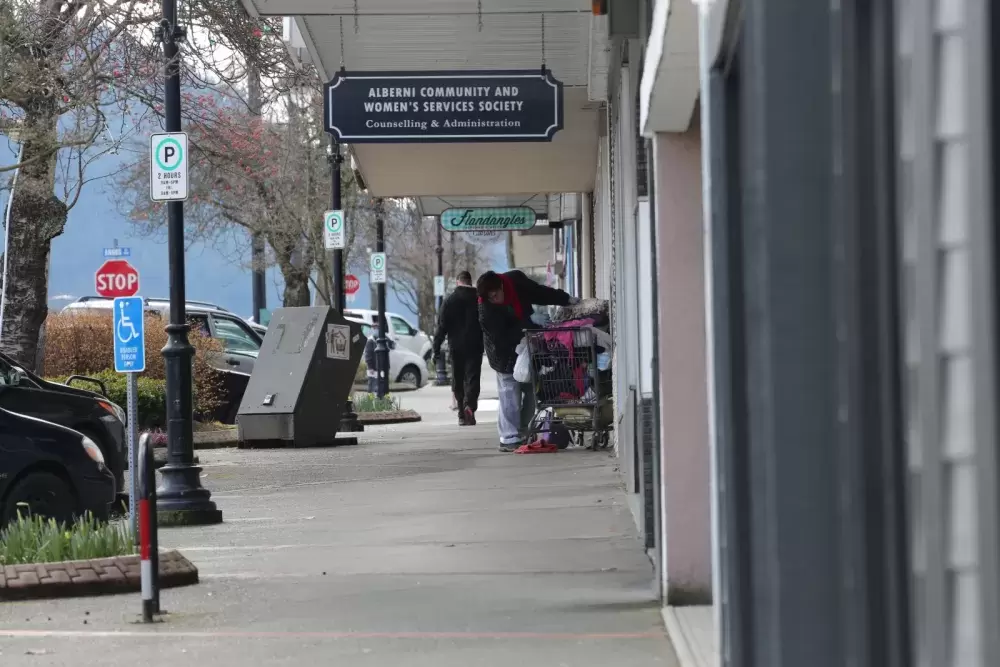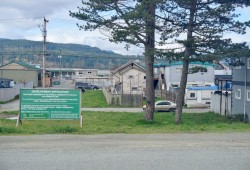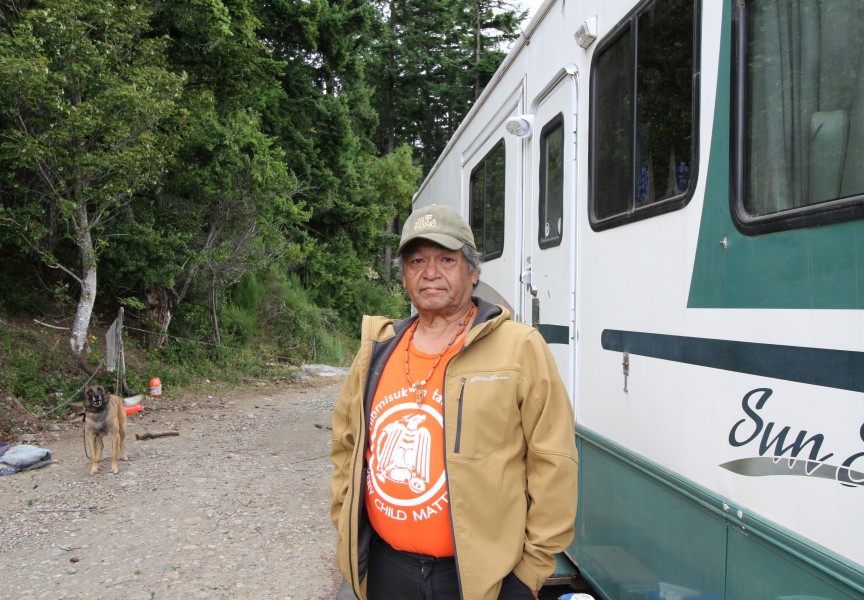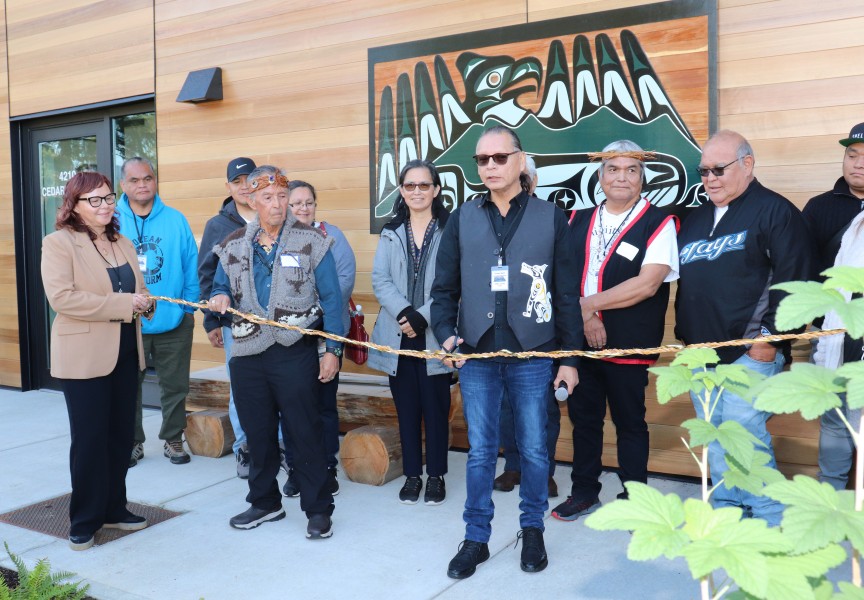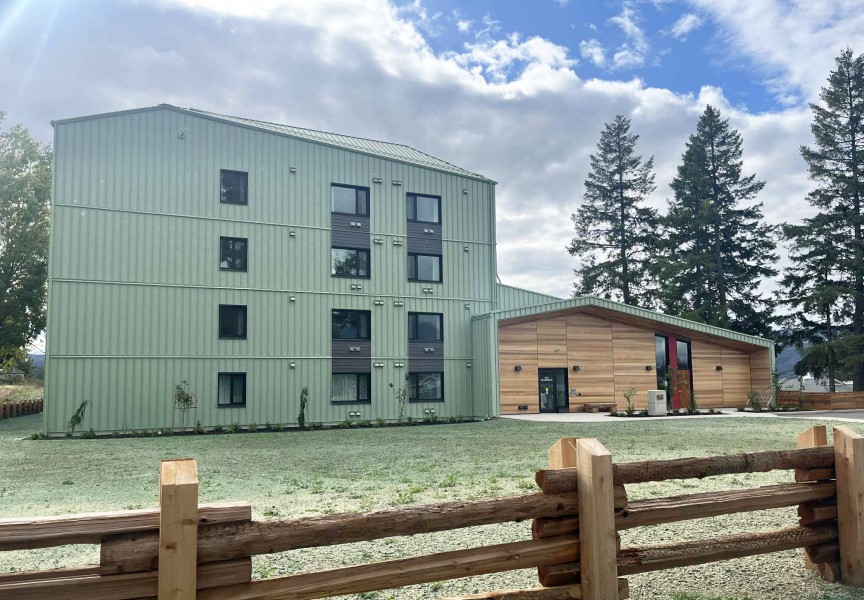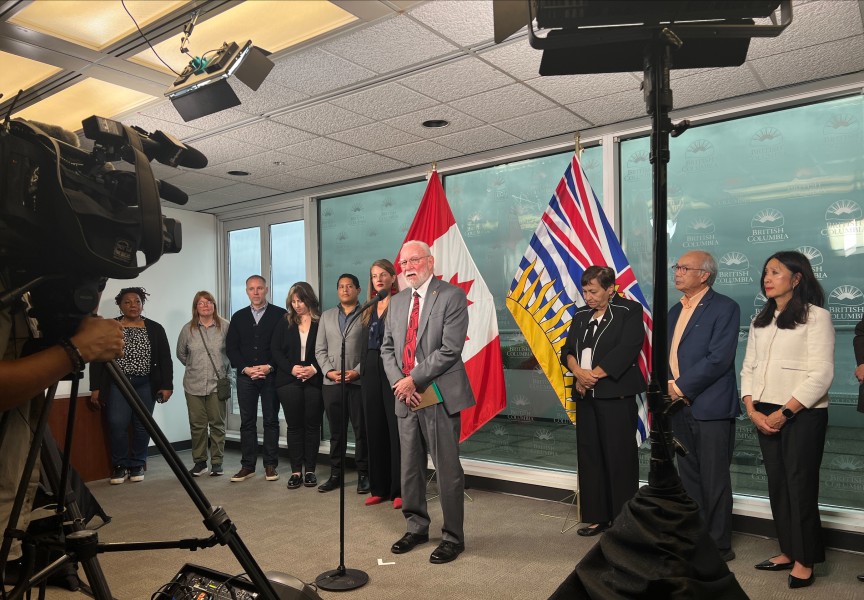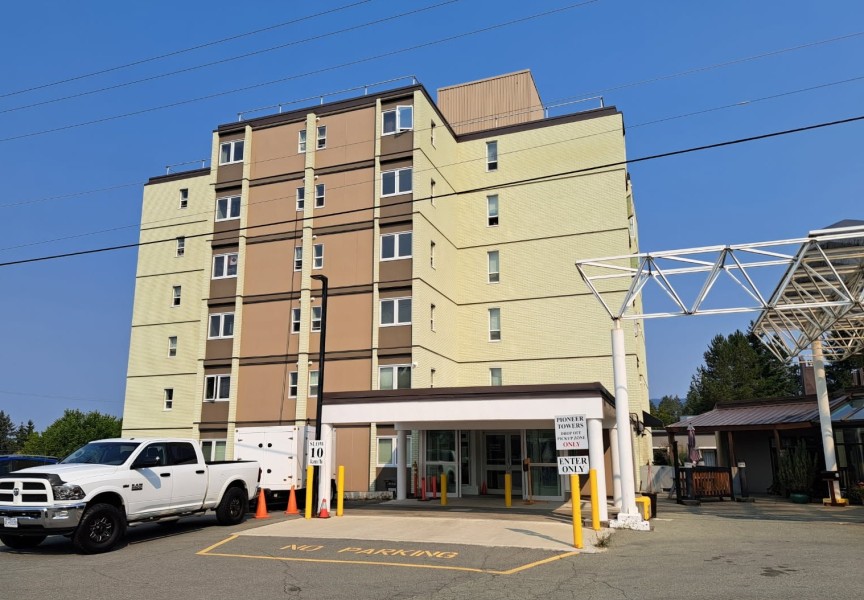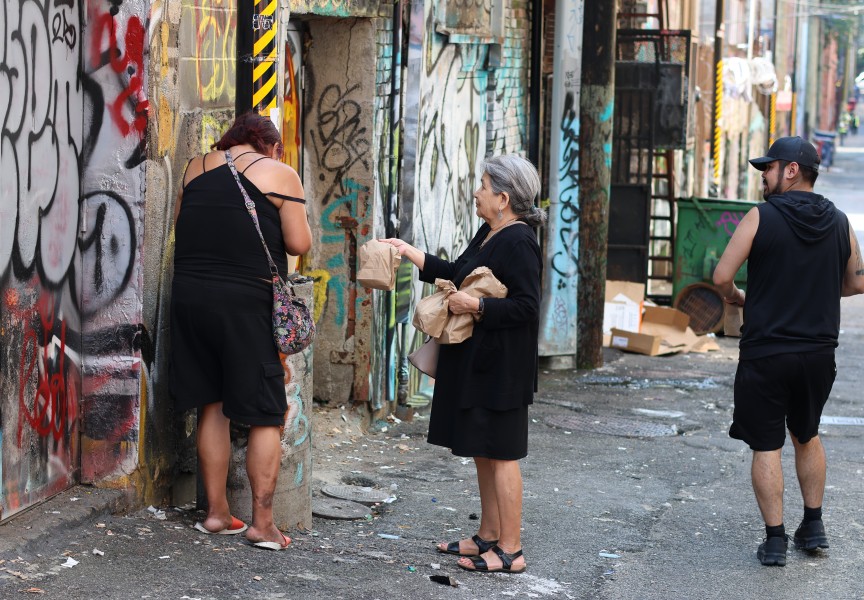Housing affordability is a main concern for Port Alberni city council when it comes to reducing poverty in the Alberni Valley.
City council received the Poverty Reduction Action Plan from the Alberni-Clayoquot Health Network on Monday that provided several recommendations to help individuals out of poverty and to avoid becoming destitute in the first place.
Marcie DeWitt, Alberni-Clayoquot Health Network coordinator, provided council with highlights from the 63-page report that she said should provide advocacy tools for municipal governments in the region.
The Building Prosperity Action Plan outlines poverty reduction strategies and areas of focus for Alberni Clayoquot communities to direct attention in order to see meaningful change. Consultation for the report was done through a community engagement survey, interviews with people who experienced poverty, focus groups and public input from provincial poverty reduction.
DeWitt said priority populations in the Alberni-Clayoquot that need specific attention include youth and young families, single-parent households, individuals earning below the living wage and populations that receive higher levels of stigma and racism.
“Those were the primary areas that we saw a lot of the challenges and throughout our community engagement this is who we heard from the most,” DeWitt said.
In the Alberni-Clayoquot Regional District (ACRD), 21 per cent of all respondents live in poverty, 1,880 children live in poverty with a 15 per cent poverty rate for children in two-parent homes and 62 per cent poverty rate for children in a single-parent home. Forty-seven per cent of renters said they’re spending more than 30 per cent of their monthly income on shelter costs.
“We saw two main areas of focus within the recommendations, the first being to build and enhance the protective factors which support community members,” DeWitt said. “Those are things that keep people out of poverty, keep money in their pocket, keep stability in their lives. And then there’s the piece around creating clear pathways out of poverty, so ensuring that if somebody is accessing supports they have very clear ways that they are able to build prosperity and build resilience to ensure that they are capable in coming out of those situations as well.”
The plan recommends advocating for a living wage and the creation of a national housing strategy. It also stresses the need to support funding mechanisms that help people access treatment and care, while increasing community education around the Truth and Reconciliation Commission Calls to Action and United Nations Declaration on the Rights of Indigenous People.
The plan states that many communities in the ACRD have a historically lower median income than the province of B.C. The after-tax median income for the ACRD in 2015 was $49,679 with a growth rate of 2.3 per cent. The median income for B.C. for the same period was $61, 280 with an 11.5 per cent growth rate. These lower incomes faced a higher cost of living in remote communities, while living in tourism destinations adds to the financial pressure in the region.
Another factor which could lead individuals and their families to poverty is high home prices in the Alberni Valley.
“One thing I didn’t see much mentioned here is really what I think is becoming one of the larger issues around poverty and who is going to end up being in poverty,” said Mayor Sharie Minions. “That is around the generational wealth gap that I think owning or not owning real estate is and that is an issue that I think we have somewhat overlooked at a local government level.”
“If your parents were fortunate enough to own real estate then you probably would have the opportunity to own real estate at some point in your life too,” continued Minions. “If they weren’t, if they were renters and they continue to be renters, then you’re paying $3,500 a month for a four-bedroom house in Port Alberni and you have no hope of ever being able to purchase a home, and that generational wealth gap is just going to continue to create huge, huge inequity within our communities.”
Minions said housing affordability is an issue that local governments at a regional level need to start talking about more intentionally.
“I think there will be no larger determinant of whether you grow up with wealth or in poverty than owning real estate unless there’s some major changes going forward,” she said.
The City of Port Alberni held a public hearing on March 29 to hear from applicant Gary Carniato, who is proposing to build 40 affordable apartments in two separate three-storey buildings at the corner of Burde Street and Fifth Avenue, next to the Phoenix House transitional facility.
The apartments would include bachelor and one-bedroom rental housing, both of which are in high demand as identified in the latest Alberni Valley Housing Needs Assessment.
City staff and the Advisory Planning Commission are in favour of this development.

